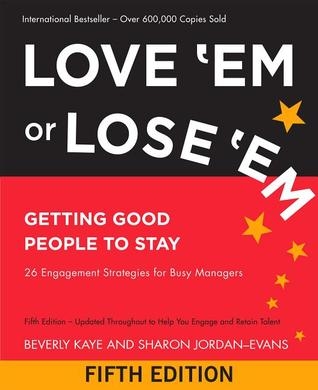
Have you always felt as though you had a knack for investigation? Maybe you’ve always been particularly observant or quick thinking. Maybe investigative work has always fascinated you and you really want to break into that field. If that’s the case with you, then why not give investigative work a try?
There are plenty of different career options and job opportunities open to those who wish to pursue this line of work. Read through our list to see if any of those options sound perfect for you. We’ll be looking at seven types of investigative jobs, which may help you figure out what career you would like to explore further.
1. Private investigator jobs

As a private investigator, you will be able to learn much about the world and people around you – all while helping others solve pressing problems and issues. Not every minute of a private investigator’s work is glamorous, of course. However, it can be very fulfilling when you solve a case through your hard work and mental acuity.
For these types of investigative jobs, you’ll most likely be doing a lot of quiet surveillance and reconnaissance. If you’re someone with an analytical streak, an inclination for investigative work, and a desire to help others, working as a detective or private investigator might be the perfect job for you.
2. Statistician jobs

Sure, becoming a statistician might not rank high on everyone’s list of career goals, but it’s actually a great path that’s well worth following. Especially if you’ve always been interested in finding answers and analyzing problems.
Statisticians don’t simply enter data into boring spreadsheets. Instead, they’re often on the cutting edge of discovering problems, solving problems, and collecting information so that dozens of different professions and industries continue to work smoothly.
As a statistician, you will be tasked with differentiating between good data and false data, as well as organizing and investigating many different kinds of information. If you feel that you are up to the task, look into becoming a statistician today!
3. Survey researcher jobs

Survey researchers are similar to statisticians in that they deal with the collection and organization of vital information. But while statisticians often deal with plain, hard numbers and facts, survey researchers usually dig deeper into the more human element of their survey topics.
After all, surveys are about people, more often than not. What they like and don’t like, why they use certain products and not others…a survey researcher has their finger on the pulse of the community – or the nation. If you become a survey researcher, you will use your investigative skills to collate answers and find patterns in those answers.
4. Investigative journalist jobs

Do you feel as though your investigative skills are better used on the front lines instead of behind the scenes? If so, you may want to explore the path of investigative journalism. Breaking into this field can be a bit difficult. But by building up your writing resume and finding amazing stories, you’ll get there!
Investigative journalists need to couple toughness with integrity in order to make their stories and subjects shine. If you’re not afraid to get down and dirty as an investigator – and especially if you want to make a vocal, visible difference with your skills – then becoming an investigative journalist might be the path you need to take.
5. Medical researcher jobs

If you want to save lives as an investigator, becoming a medical researcher may be one of the best ways to do just that. Your work won’t be fast-paced and you probably won’t see huge results at first. But by carefully, methodically investigating different aspects of the medical profession – include various illnesses and different sciences – you have the potential to change lives…and the world as we know it.
As a medical researcher, you’ll be able to share your conclusions and findings with other like-minded people in various medical journals and publications. In your case (as in most), the pen truly is mightier than the sword. You’ll be saving lives, one day of investigative research at a time.
6. Economist jobs

Are numbers more your thing? If that’s the case, then you should definitely consider becoming an economist. A good economist can potentially predict upticks in the stock market – as well as crashes. By channelling your investigative skills toward the area of finances, you’ll be able to give organizations vital information about the state of the country’s – or the world’s – economy.
7. Crime scene investigator jobs

You may have a slightly skewed view of what a crime scene investigator actually does – especially with so much misinformation being shared via TV shows these days. A crime scene investigator (CSI) is responsible for gathering forensic evidence at the scene of a crime. If you become a CSI, you will have to clean each crime scene, going over it carefully for any stray bit of evidence as you do so.
‘Cleaning’ might not sound like the greatest description of a CSI’s work, but it’s really what they do in these types of investigative jobs. Maybe not the most fun job, but you would be helping to solve crimes and bring justice to the world. What could be greater than that?









